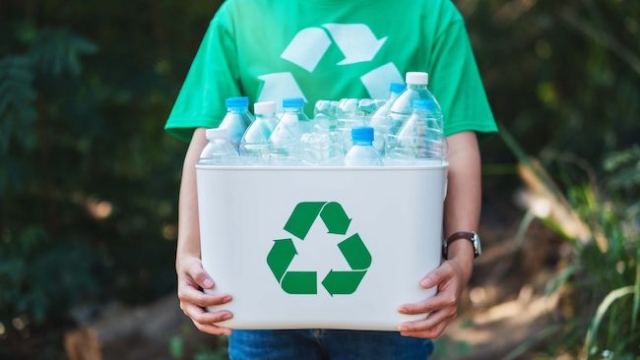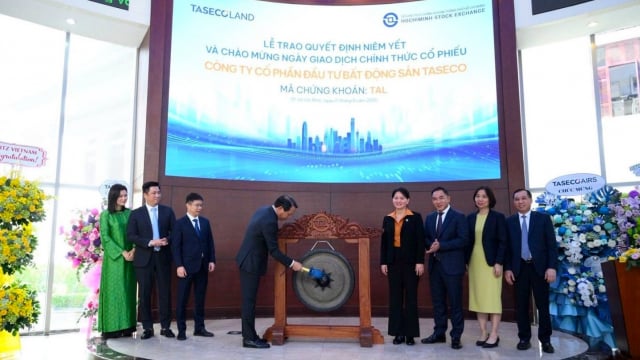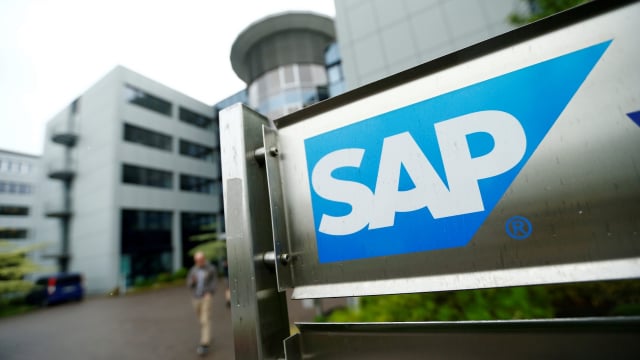Business
Key factors promote effective EPR tool
Developing a modern, standard waste collection, recycling and treatment system is key requirement to effectively implementing the EPR tool, helping businesses save on the cost.
Taking effect in January 2022, Law on Environmental Protection (LEP) 2020 highlights the responsibilities of ministries and localities to integrate circular economy in planning strategies, development plans, waste management, and waste recycling.
It introduces the concept of circular economy through fostering extended producer responsibility (EPR) policy, highlighting the responsibility of producers and importers to recycle products and packaging.
Specifically, the law requires that domestic solid wastes must be sorted into reusable or recyclable solid wastes, food wastes, and other solid domestic wastes.
In fact, in Vietnam, the informal sector is the largest contributor towards recycling and reuse of waste in the entire country, leading to the result of poor quality recycled products, or pollution problem.
According to Hoang Duc Vuong, head of the Recycled Plastics Unit at the Vietnam Plastics Association, although being under great pressure from the public, the recycling industry has received little support over the years. Therefore, it places a lot of expectations on the EPR tool, and requirements on mandatory waste classification.
In other sides, businesses which must apply EPR tool meet some difficulties because of poor infrastructure, and limited capacity for collection and recycling in Vietnam.
That requires the country to develop a modern, standard waste collection, recycling and treatment system to effectively implementing the EPR tool, helping businesses save on the cost.
In private sector, in early 2022, Tetra Pak – the Swedish food processing and packaging solutions company, and Dong Tien Packaging and Paper Co., Ltd. announced a co-investment of $3.97 million to upgrade and expand the recycling capacity of used beverage cartons in Vietnam.
Tetra Pak will invest $1.36 million in the installation of a modern production line at Dong Tien's recycling factory that separates paper from used cartons in line with European technology standards, expected to be completed in the fourth quarter of this year.
This is a very significant investment, as it is the first time a foreign packaging solutions company has invested in promoting the capacity of Vietnam’s nascent recycling industry.
With higher-quality recycled pulp at hand, Dong Tien will invest $2.6 million in facilities and production lines for craft paper, which is widely favoured worldwide.
Tetra Pak is a founding member of the Vietnam Packaging Recycling Organization (PRO Vietnam), an alliance of leading businesses in consuming goods, retailing and packaging which share the common mission by promoting the circular economic model through transforming the processes of collecting and recycling product packages into more accessible and sustainable manner.
Dong Tien and Tetra Pak have cooperated for more than ten years to achieve the common goal of developing a carton recycling eco-system for Tetra Pak's customers in Vietnam, contributing to the expansion of used carton collection activities and promoting the domestic recycled paper industry. It is a strategic partner of PRO Vietnam.
This year, Duy Tan Plastics Recycling Corporation, a member of PRO Vietnam, announced its $60 million-investment, the first green credit from HSBC to a Vietnamese company, to build a plastics recycling factory in Long An. It is a huge amount of capital compared to the scale of Vietnam's old and low-tech recycling industry.
However, the above investment activities can only be implemented effectively if combined with the efficiently collection and classification of waste, which is regulated in LEP 2020 and is one of collaborations between PRO Vietnam and lots of environmental sanitation companies.
EPR and carbon credits giving financial momentum to environmental protection
Samsung Vietnam appoints its first Vietnamese senior executive
Samsung Vietnam appoints Nguyen Hoang Giang to SEVT senior leadership, the first Vietnamese executive in the company’s local manufacturing units.
Michelin leads the smart mobility revolution with data and AI
Michelin is undergoing a strong transformation by applying AI and smart analytic, helping lead the smart, safe, and sustainable mobility revolution in the Industry 4.0 era.
LG Innotek secures $200 million IFC loan following revenue drop
LG Innotek Vietnam Hai Phong secured a $200 million IFC loan as revenue slows, aiming to expand camera module production while meeting sustainability targets.
Leading with empathy in Vietnam’s billion-dollar investment flows
For Koen Soenens, Sales and Marketing Director at DEEP C, empathy is a compass that guides major deals, the way a leader builds a team, and the ambition to create a sustainable industrial zone that carries a Vietnamese identity.
Taseco Land’s new logo marks a new growth trajectory
Taseco Land has shifted its listing to HOSE and introduced a new upward-pointing arrow logo - a visual statement of its strategy to raise capital, expand its land bank, and strengthen its standing in Vietnam’s real estate sector
SAP positions Vietnam as key R&D hub with €150 million investment
Located in the heart of Ho Chi Minh City, SAP Labs Vietnam is the second SAP Labs Network hub in Southeast Asia, following Singapore and is one of 20 countries that have SAP Labs globally.







































![[Hỏi đáp] Sàn thương mại điện tử nộp thuế thay: Ai là bên xuất hóa đơn?](https://t.ex-cdn.com/theleader.vn/192w/files/news/2025/12/03/ho-kinh-doanh-va-hoa-don-khi-ke-khai-1124.jpg)
![[Hỏi đáp] Hộ kinh doanh doanh thu bao nhiêu được miễn thuế?](https://t.ex-cdn.com/theleader.vn/192w/files/news/2025/12/03/ke-khai-thue-ho-kinh-doanh-va-nguong-mien-thue-1723.jpg)

